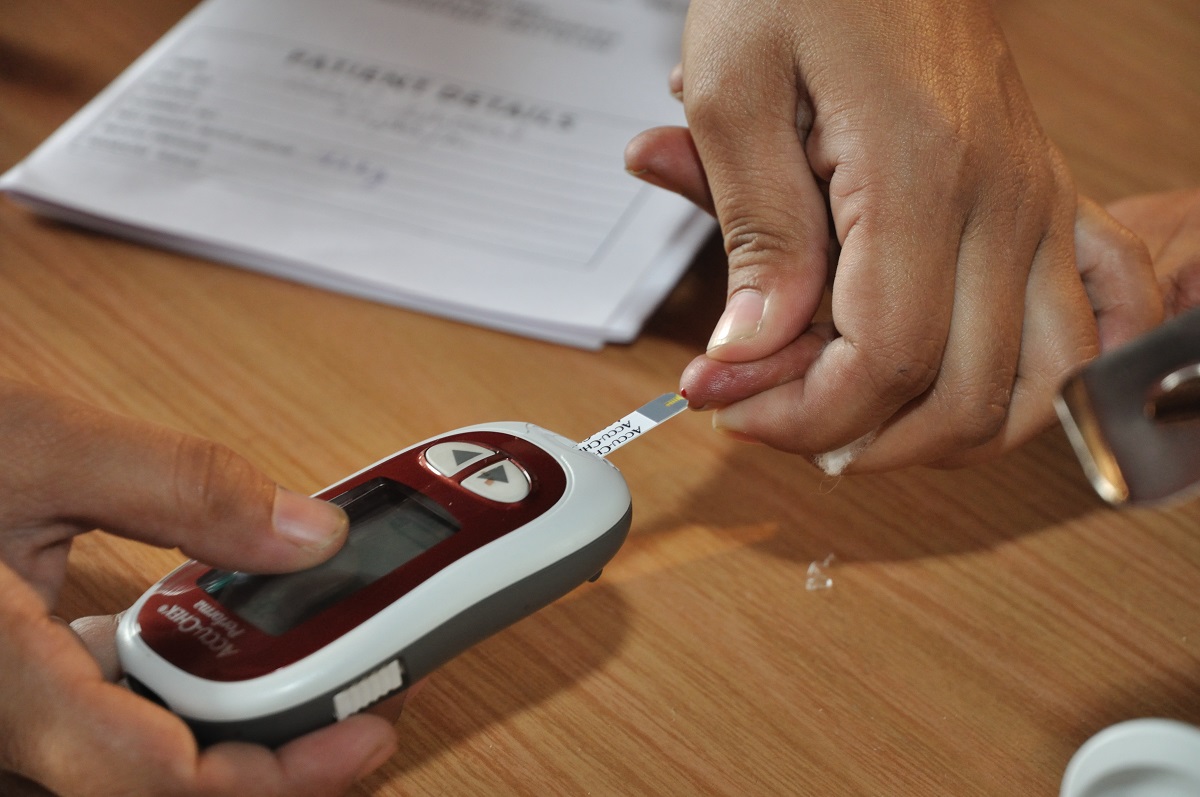‘Developing’ Diabetes: Epidemiologic Transition, Progress and Racialized Exceptions in Singapore’s Postcolonial Developmental Imaginary

This paper examines the global history of diabetes through the postcolonial history of Singapore. I look at scientific literature, global public health reports and press releases relating to diabetes between 1960 to 1990 to understand how the disease was made legible in the local clinical setting, but more importantly how it accrued cultural and political meaning in Singapore’s public health discourse. I term these combined processes developing diabetes to describe how diabetes and diabetics as biomedical categories became imbricated with the intense developmentalism in postcolonial Singapore. Walt Rostow’s cold war ideas on modernization and development, fervently embraced by Singapore’s technocratic elite, found a partner in Abdel Omran’s theory of epidemiologic transition which similarly describes a linear shift from tropical infectious maladies to chronic diseases that mainly impacted ‘developed’ nations. Within the public health discourse in Singapore, the increasing visibility of chronic diseases such as diabetes in the population was explained to be a cost of development, underlining the nation’s progress since the fraught and violent campaign of independence in 1965. Unmoored from its clinical origins then, the association between diabetes and development inadvertently generated an idealized projection of diabetes in public facing discourse. Yet this ‘rehabilitation’ of diabetes also obscured the growing racialization of the disease in the postcolonial scientific literature. The thrifty gene hypothesis and ideas on the suitability of Indian bodies for modern life, both artifacts of British colonialism in India and Malaya, were reanimated to explain racial susceptibility to diabetes in the Singapore population, previewing a mode of racial biopolitics that would peak after the 1990s.
Speaker: Mohammad Khamsya Bin Khidzer
I am a PhD Candidate in the Department of Sociology and Science Studies Program at the University of California San Diego. I am primarily a sociologist of science, knowledge and technology. My research also engages with concerns emerging out of medical sociology, race and ethnic studies and Southeast Asian Studies. My dissertation project takes a history of the present approach, tracing how diabetes came to be a disease of concern in public health as well as how it came to be racialized, beginning from the late colonial period in the middle of the 20th century to the contemporary postgenomic age in Singapore.

